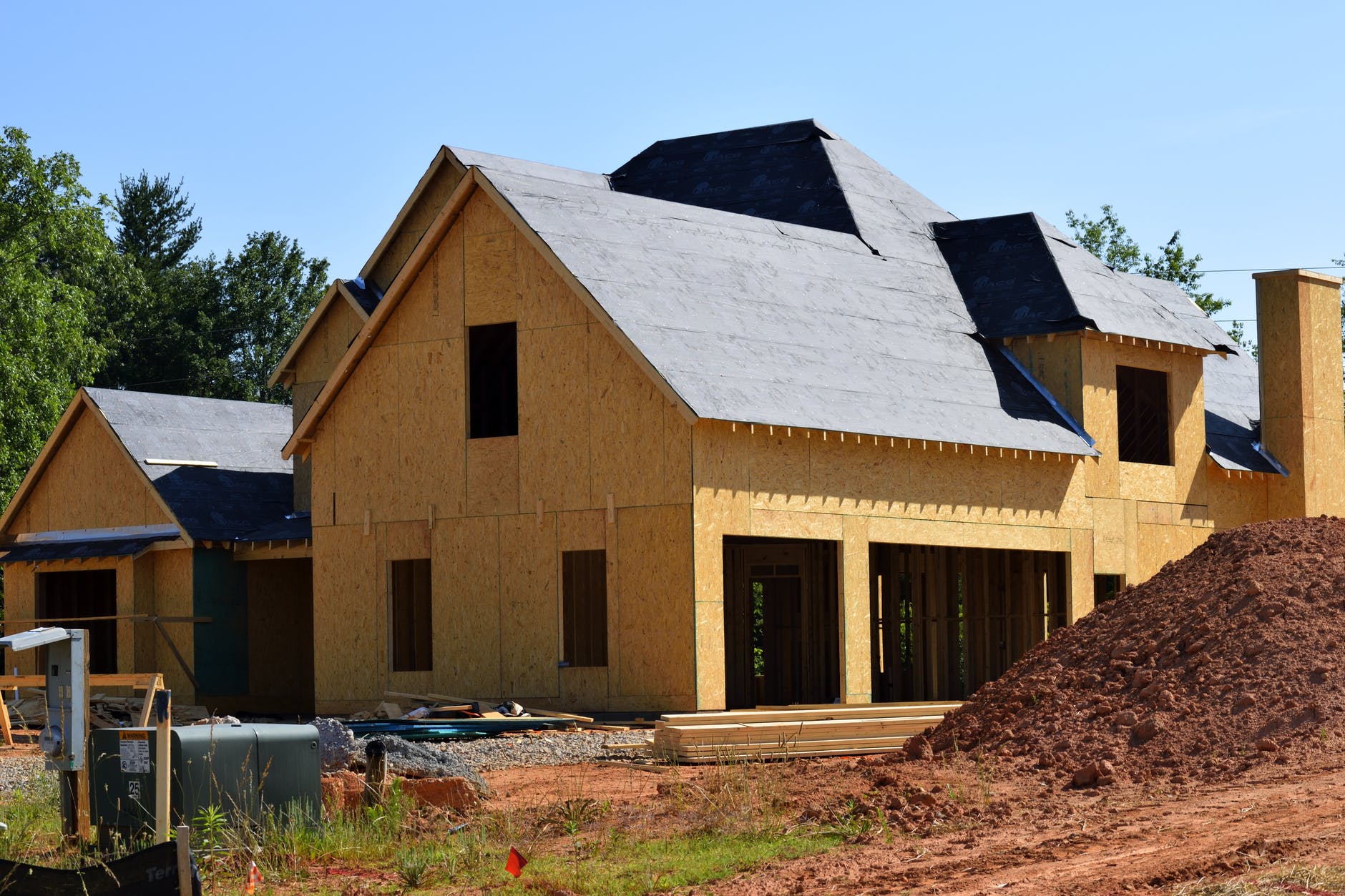What Is a Construction Loan?
A construction loan (aka “self-build loan”) is a short-term loan used to finance the building of a property or another real estate project. The builder or home buyer takes out a construction loan that covers the costs of the project before obtaining long-term funding. Because they are considered relatively risky, construction loans have higher interest rates than traditional mortgage loans.
Construction loans can allow a borrower to build the home of their dreams, but due to the risks involved, they have higher interest rates and larger down payments than traditional mortgages.
Special Considerations for Construction Loans
Most lenders require a minimum of 20% down payment on a construction loan and some require as much as 25%. Borrowers may face difficulty securing a construction loan if they have a limited credit history. There is a shortage of collateral because the home is not built yet, posing a challenge in seeking approval from a lender. To receive an approval for a construction loan, the borrower will need to give the lender a comprehensive list of construction details (aka “blue book”). The borrower will also have to prove that a qualified builder is hired in the project.
Construction loans are usually offered by local credit unions or regional banks. Local banks tend to be familiar with the housing market in their area and are more comfortable making home construction loans to borrowers in their community.
Construction Loans vs. Owner-Builder Construction Loans
Borrowers who intend to act as their own general contractor or build the home with their own resources are unlikely to qualify for a construction loan. These borrowers will have to take out a variant called an owner-builder construction loan. It can be difficult to qualify for these loans. Therefore, potential borrowers must offer a well-researched construction plan that lays out their home-building knowledge and abilities. The borrower should also include a contingency fund for unexpected surprises.

